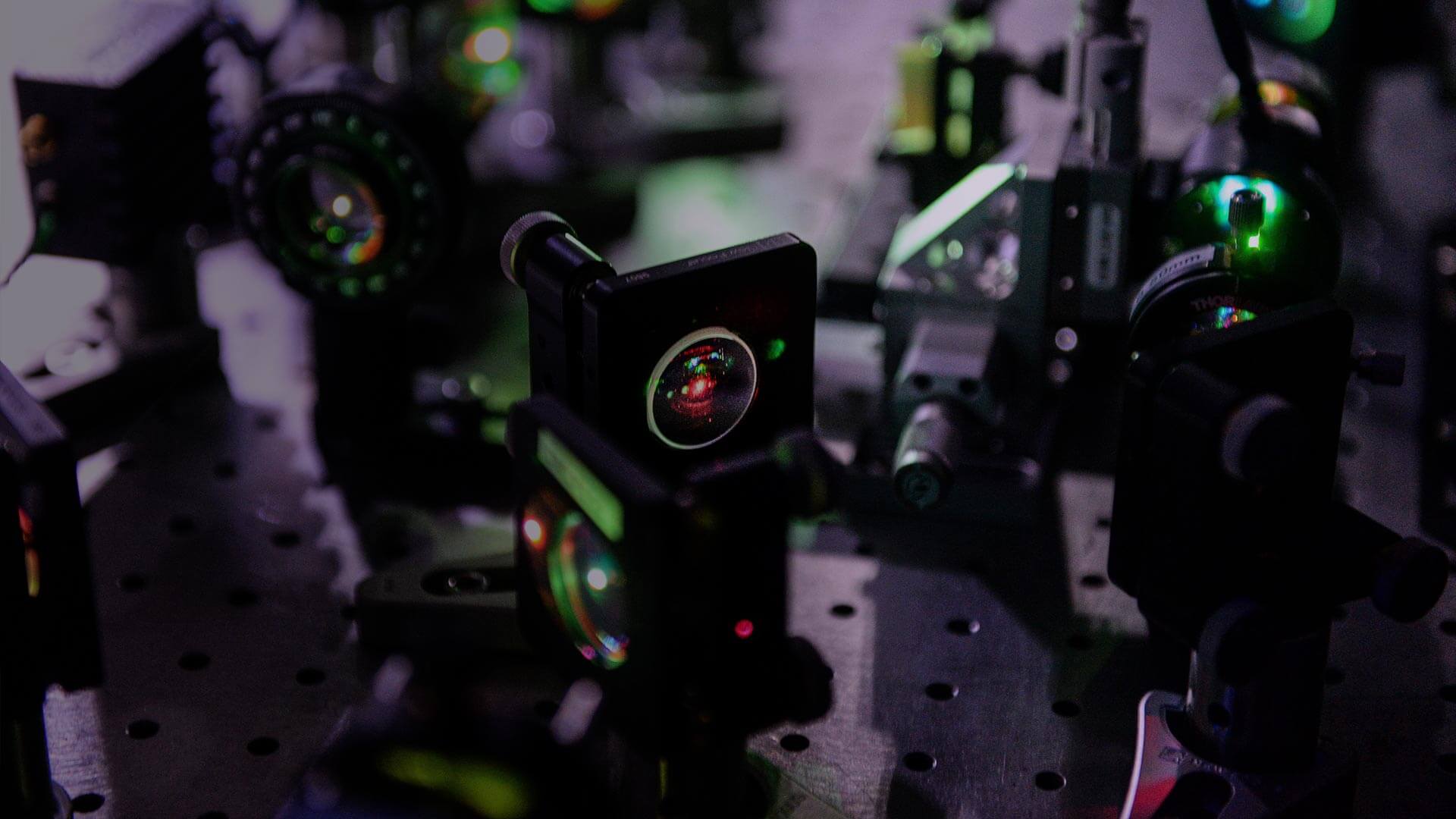Menu
Menu
PHI Lab Research/
Algorithms and Applications
Optimization problems are ubiquitous in our society. Many essential tasks in various fields can be reduced to combinatorial/continuous optimization problems, including lead compound optimization in the development of medicine, resource optimization in wireless communication networks and logistics, sparse coding for compressed sensing in magnetic resonance imaging, Boltzmann sampling in machine learning, and portfolio optimization in Fin Tech.
We have developed coherent network computing based on OPO networks, such as coherent Ising machines, coherent XY machines, and coherent k-SAT machines. In order to solve the hard optimization problems with these machines, it is crucial to develop algorithms that bridge various combinatorial/continuous optimization problems to the dynamics of the OPO networks through canonical problem platforms such as the Ising model and the k-SAT problem. Most real-world problems have various constraints that must be satisfied to minimize the cost function. Therefore it is vital to develop algorithms that incorporate the constraints in an efficient way.
Finding applications that are useful in our society is the major goal of this team. To explore the real-world application, we develop the mapping algorithms and efficient backend simulators of coherent Ising machines and coherent k-SAT machines, which are running on CPUs, GPUs, and FPGAs (see Figure 1). And we design benchmark problem instances for performance evaluation in speed and computational resources. Theoretical understanding of when and how classical and quantum computational resources can play a beneficial role in optimization, is vital for the evaluation and the benchmark design (see Figure 2).

Figure 1

Figure 2
A few topics of our current focus include:
- Supporting various types of constraints to extend the capabilities of the coherent Ising machines
- Gibbs sampling in various machine learning tasks with the coherent Ising machines
- Designing benchmark problem instances for performance evaluation in speed and resources
- Theoretical understanding of when and how classical and quantum computational resources can play a beneficial role in optimization
- Efficient simulators of coherent Ising machines and coherent k-SAT machines running on CPUs, GPUs, and FPGAs
- To facilitate further research and development in the field of Ising machines, NTT Research Inc. is releasing simplified versions of selected algorithms as open-source (see github.com/NTTRI-PHI-Algorithms).




